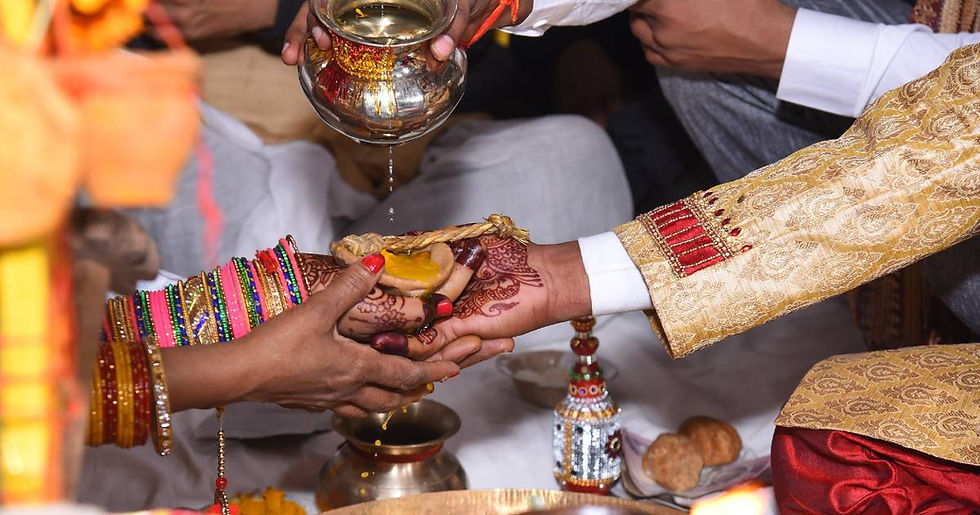Does 'Marital Rape' really need criminalisation in India?
- Anupam Dubey
- Sep 25, 2017
- 3 min read
Updated: Jan 7, 2022
Nowadays media is hosting debates and articles are being published in newspapers with regard to #MaritalRape. But what feminist media is just pushing and trying to ensure that yet another law is enacted to criminalize marital rape. Most of media presentations are misconceived and ill-intended, to say the least! They are nothing more than the version of the PIL that feminists have filed Delhi High Court demanding criminalisation of marital rape by scrapping 'Exception 2 under section 375 of the IPC', calling it 'marital rape exemption'.
Marital rape is an imported concept, being thrust upon us by foreign-funded leftist/feminist organizations; hence this needs to be understood in from both, Indian and foreign perspectives.
We first need to understand as to which out of ‘Exception 2 under section 375 of the IPC’ and ‘section 376B of the IPC’ relates to ‘marital rape’! If we perceive ‘Exception 2 under section 375 of the IPC’ to be ‘marital rape’ exception, then we need to define the purpose as to why ‘section 376B of the IPC’ enacted!
There are certain untouched points:
In all countries that have legislation criminalizing marital rape (be it in USA Australia, Europe or elsewhere), already existing rape laws were gender-neutral and marital rape law enacted is also gender-neutral. Several articles even by Indian media refer to ‘spousal rape’ at points when talking of foreign legislations, but then again shifts focus to only woman’s consent to sexual activity. Indian laws do not even accept that a male can be raped.

Almost all international rape laws revolve around an understanding that the implied ‘consent’ given by one spouse could be revoked by process of law or any other way as to make it clear to the other spouse that one spouse has withdrawn his/her consent and the other spouse has lost his/her immunity. Also that the immunity/exemption does not apply where the parties to the marriage were not cohabiting or were separated.
The articles are silent on the point that in Indian Penal Code, we already have section 376B, as amended by Criminal Law (A), 2013, which says:
376B. Sexual intercourse by husband upon his wife during separation.—Whoever has sexual intercourse with his own wife, who is living separately, whether under a decree of separation or otherwise, without her consent, shall be punished with imprisonment of either description for a term which shall not be less than two years but which may extend to seven years, and shall also be liable to fine.
The articles are silent on the point that in India we already have a gender-biased Protection of Women against Domestic Violence Act, 2005, which covers marital rape.
International marital rape laws accept that the consent can be withdrawn even when not separated, but nowhere it is mentioned as to how the withdrawal of consent be recorded.
In the Indian scenario, where around 80% of rape cases are false and in almost all those cases it’s only the very consent that is contested.
The articles are silent on the issue that no other country has anything like 498A of IPC which stands as the most misused law in the country, which nowadays also carry rape/unnatural sex allegation on husband’s brother or father to compel the husband to surrender at the earliest and agree to wife’s unreasonable and unjustified demands.
In the form of new marital rape law, the feminist lobby is trying to have a new lethal weapon for negotiation and harassment, as it will bring more than 7 years of imprisonment and will provide enough cover to get men harassed making bail, a complicated affair.
Blindly following foreign laws, if at all feminists succeeds in criminalizing marital rape, which does not imply in the Indian family system or situations, it will destabilize the very institution of marriage, as very rightly contended by GOI now.



Comments